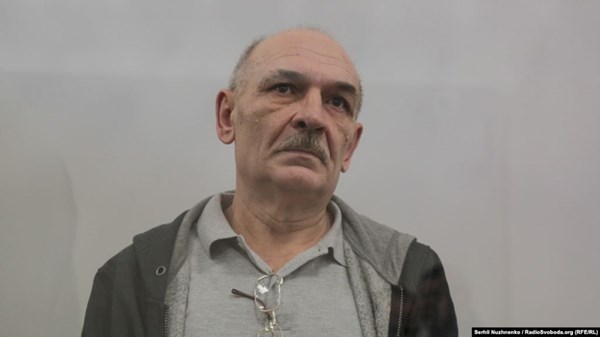Dutch prosecutors interrogated MH17 crash suspect before his extradition from Ukraine to Russia
Ukrainian President Volodymyr Zelensky said that failure to release the ex-militant of Donetsk People's Republic, Vladimir Tsemakh, who is suspected of involvement in the MH17 plane crash, could have negatively affected the exchange process between Russia and Ukraine.
"I will not name the European leaders with whom we discussed the times for all investigative actions. We did everything [they have asked for]. It was difficult. I was afraid that this could disrupt the exchange," said Ukrainian President, stressing that Tsemakh was repeatedly interrogated before his release.
According to the head of the Security Service of Ukraine Ivan Bakanov, the process of release of the former militant wasn't spontaneous, and it was well planned.
"The absence of Tsemakh in the list of the exchange automatically implied the end of negotiations with Russia, as well as the absence of a direct air corridor from Moscow," said the head of the Ukrainian intelligence service, reports Interfax-Ukraine.
Bakanov claims that the Tsemakh’s interrogation was documented and added to the criminal case, but he has no right to disclose the details.
"I can only agree with the opinion of experts that Moscow's demand to include Tsemakh in its lists is another evidence of Russia's involvement in the MH17 crash. I can assure you that we will make extra efforts to punish those who are responsible," he added.
The head of the Ukrainian Security Council said that he believes considers that acting this way Ukraine shows the world that it cares forits citizens, just like the US and Israel.
According to NOS TV channel, Tsemakh was interrogated by Dutch prosecutors.
Vladimir Tsemakh flew to Russia on Saturday, September 7, as part of the prisoners the exchange.
